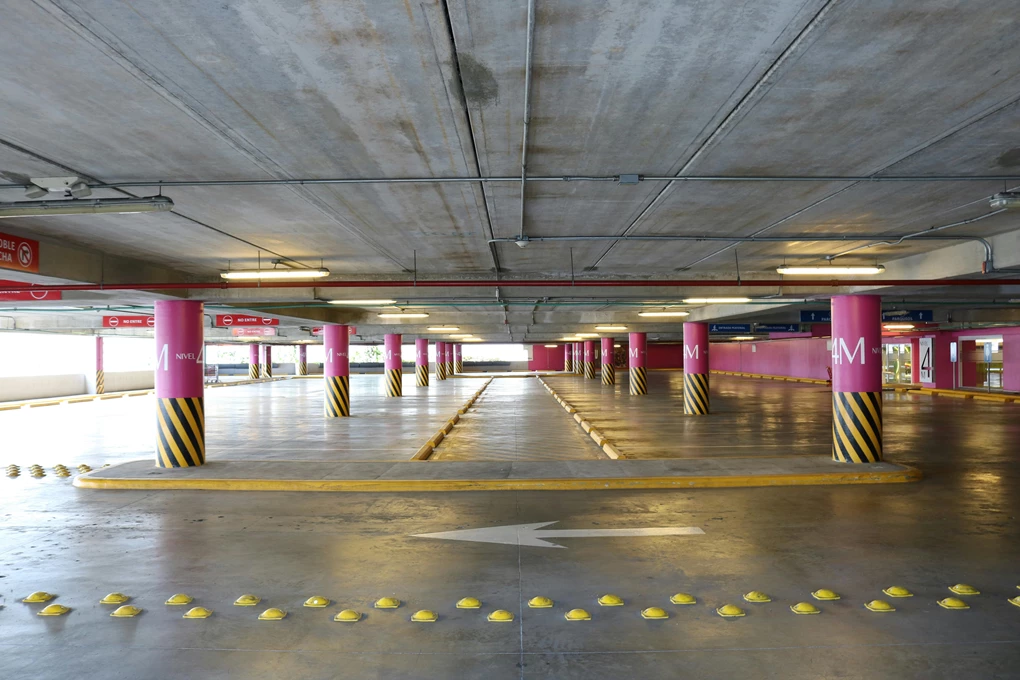UK motorists will now have greater flexibility when paying for parking in private car parks, following a recent update that aims to reduce unfair penalties. The rule, which came into effect on February 17, is expected to save drivers an estimated £4.1 million daily.

What’s Changing?
Previously, in car parks monitored by automatic number plate recognition (ANPR) cameras, drivers who failed to make payment within the first five minutes were at risk of receiving a fine. Under the revised voluntary code of practice introduced by the British Parking Association (BPA) and the International Parking Community (IPC), motorists will now be allowed to pay anytime before they leave the car park.
This update is limited to privately managed car parks that follow BPA and IPC regulations. It does not apply to council-owned car parks or those where attendants enforce parking rules.
Why Was This Change Introduced?
Concerns have been raised about the fairness of parking enforcement after reports emerged of motorists receiving fines due to unavoidable delays. A widely publicised case in November 2024 highlighted the experience of Rosey Hudson, who was taken to court for £1,906 after struggling to pay within five minutes due to a poor mobile signal in a Derby car park. Though the case was later dismissed, it intensified pressure on the industry to introduce fairer policies.
According to government data analysed by PA News Agency and the RAC Foundation, private parking firms issue over 41,000 tickets per day, adding up to 3.8 million fines between July and September 2024. With penalties reaching as much as £100 per ticket, parking enforcement remains a contentious issue for drivers.
Industry Response and Public Concerns
Representatives from the BPA and IPC have framed the rule change as a positive step towards protecting motorists from unnecessary fines.
Will Hurley, Chief Executive of the IPC, emphasized the importance of a fair resolution process, stating:
“It is crucial that there is a mechanism to identify and resolve issues quickly. I am pleased that the panel has acted swiftly to introduce safeguards for motorists.”
Andrew Pester, Chief Executive of the BPA, praised the rapid implementation of the new rule, noting:
“The parking sector is always striving to ensure it operates in the interest of compliant motorists and to ensure that parking is fairly managed for all.”
Despite this, some motoring groups argue that voluntary changes by private parking firms are not sufficient.
Jack Cousens, Head of Roads Policy at the AA, criticized the lack of government oversight, stating:
“This change to the self-authored code by private parking operators only highlights the urgent necessity to implement the Government-backed code of practice alongside a truly independent single appeals process and oversight board.”
Simon Williams, Policy Head at the RAC, questioned the effectiveness of the new system, adding:
“As there’s no information on how the change will work in practice, we fear it will make little difference to drivers.”
Government Regulation and Legal Delays
A government-backed code of practice for private parking enforcement was initially approved in 2019 but later suspended in 2022 following legal challenges from parking companies. This proposed regulation aimed to reduce maximum penalties to £50, introduce a more transparent appeals system, and eliminate aggressive enforcement tactics.
In the absence of a legally enforceable framework, the BPA and IPC introduced their own Private Parking Code of Practice in June 2024, with this latest revision offering drivers more flexibility when making payments.
What This Means for Drivers
Extended payment window: If you park in a privately managed car park using ANPR cameras, you will now have until you exit the premises to complete your payment.
No impact on council-run car parks: The change does not apply to local authority parking facilities or sites with on-site enforcement officers.
Voluntary guidelines remain unregulated: Until a legislative framework is introduced, enforcement will continue to be determined by private operators.
This update is expected to benefit motorists by preventing fines resulting from minor payment delays. However, motoring groups argue that without government enforcement, private firms still hold too much power over how penalties are issued. Until stronger regulations are introduced, drivers should continue to carefully check signage and payment instructions when using private parking facilities.




